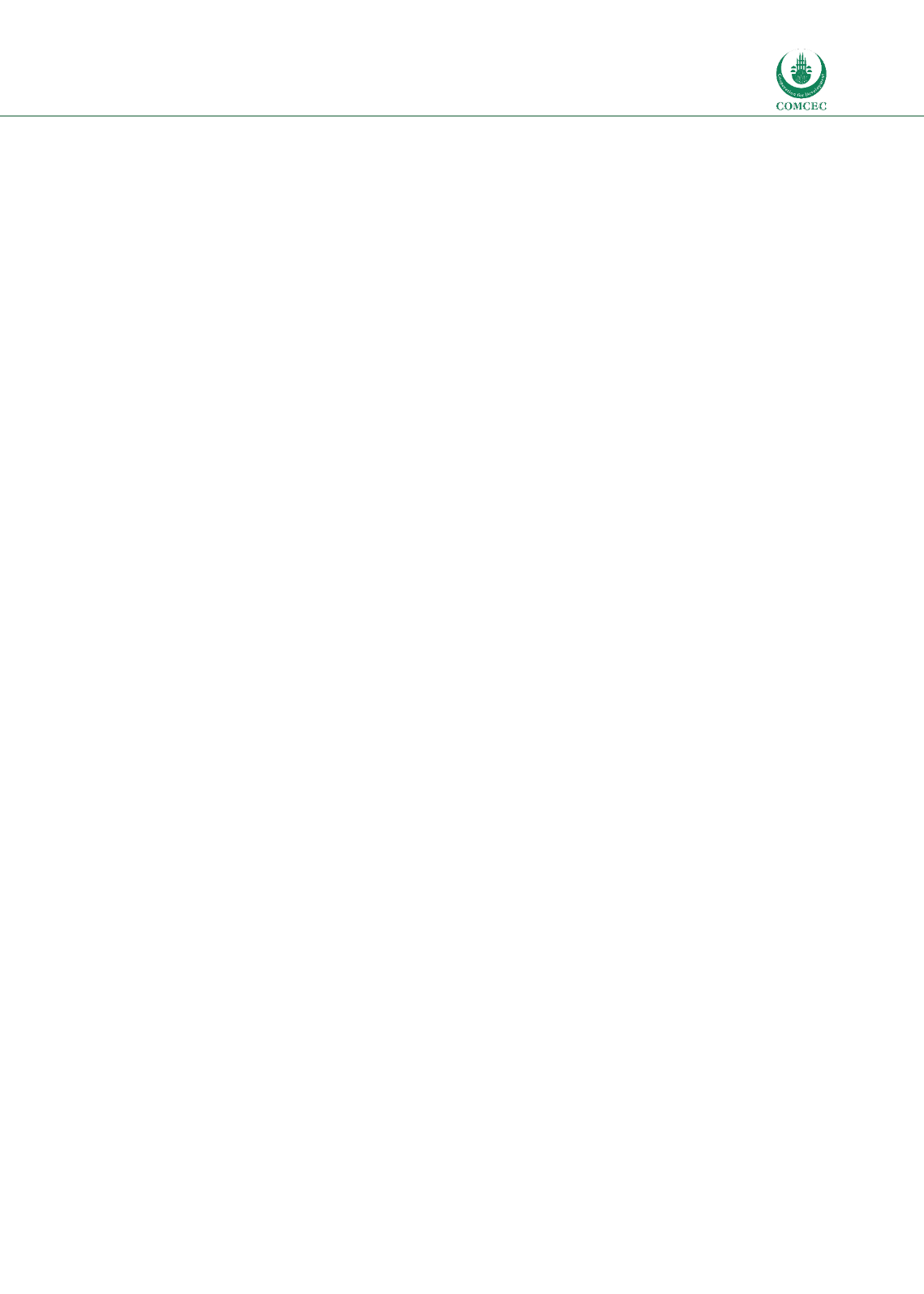

Risk & Crisis Management in Tourism Sector:
Recovery from Crisis
in the OIC Member Countries
83
Risk and Crisis Plans
: A number of larger Turkish tourism resorts and hotel
groups have their own protocols to deal with crises. The Intercontinental Hotel
Group, for example, has a Risk and Crisis Protection Team at its headquarters in
London. Risk profile reports are consistently updated, and risk and crisis priorities
are (in order of priority) to protect visitors/guests; protect the hotel brand and
reputation; protect the investment (Arslan, pers. comm. 2017). The
intercontinental hotel group’s Risk and Crisis protocols for Turkey are substantially
the same as those for other countries.
Other strategies put in place by the sector include:
Communications
– with staff, partners and customers to constantly reassure trade
partners and guests that Turkey is a safe destination.
Differentiation
– By creating a significant difference during the time of crisis,
tourism enterprises can be successful. This topic is dealt with in section 6.2.3.
Sales
– Review of ‘lapsed’ accounts with trade partners including travel agencies,
tour operators, and wholesalers. Major sales pitch targeted at lapsed account
holders to re-capture lost business and increase hotel occupancy rates (Arslan,
pers. comm., 2017).
4.2.4.
Critical Success Factors in Resilience of Turkish Tourism
The key factors which (until 2016 at least) allowed tourism in Turkey to remain relatively
healthy are as follows:
The commitments from various governments since the 1980's that tourism is a priority,
with significant legislative, political and financial support allocated to the sector. These
included government incentives to invest in tourism, which have encouraged local and
foreign investors to play a larger role in the development of tourism establishments,
especially beach resorts, bringing the number of beds to one million.
Increased use of the internet to reinforce the country’s positive image and reputation by
enhancing official websites and making more use of social media. A particularly
attractive Facebook site on Turkey for instance is ‘Tourism & Art & Turkey’, where a
series of attractive photos and brief comments are posted. Gulbahar and Yildirim (2015)
also found that Turkish hotels were prolific users of social media, particularly Facebook,
but also Instagram, Twitter, LinkedIn and Foursqare (with hotels which were part of
international chains more likely to use these channels than locally owned hotels). The
result is that Turkey is among the top 10 destinations in the world, as ranked by social
media users.
The richness of the country in its cultural heritage, history, archaeological remains,
landscape and natural beauty and beautiful beaches.
















